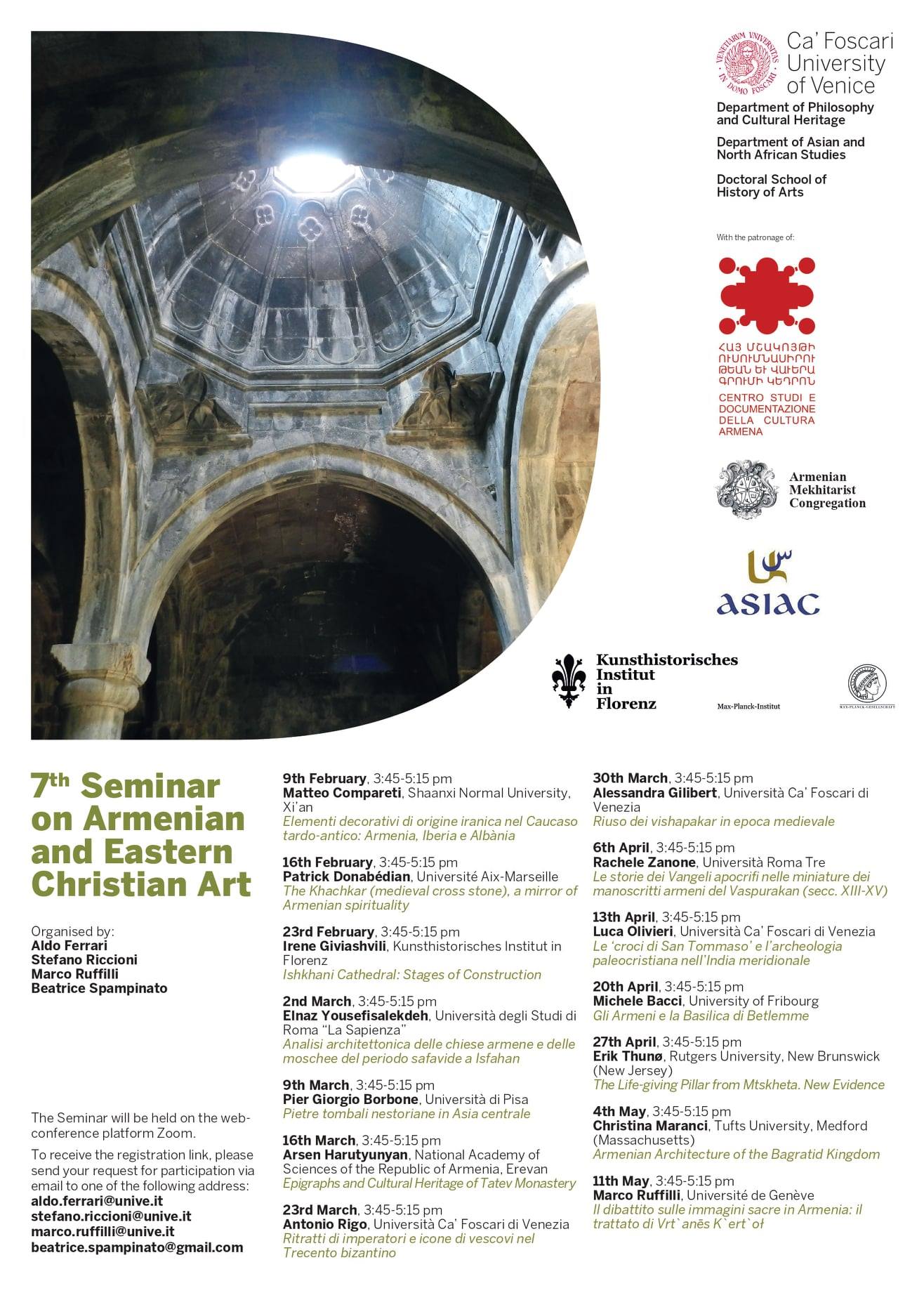‘The Pseudo-Clementine Homilies: a philosophical and rhetorical novel of Late Antiquity – a search for truth’
Ghent (online via Zoom), February Thursday 25 – Friday 26 – Saturday 27, 2021
Organizing Committee: Benjamin De Vos (Ghent University), Danny Praet (Ghent University), Koen De Temmerman (Ghent University)
Keynote speakers: Prof. Meinolf Vielberg (Jena Universität) and Prof. Dominique Côté (Ottawa University)
Anyone wishing to attend should contact Bmardvos.devos@Ugent.be (Benjamin De Vos) for links and joining instructions.
Belgium time: GMT +1
February 25 – Thursday
14u30-15u00: Welcome and introduction – Benjamin De Vos (UGent): The Pseudo-Clementine Homilies: a philosophical-rhetorical novel in search of truth
Session 1: the Pseudo-Clementine Homilies as a rhetorical and novelistic narrative
15u00-15u20: Philippe Therrien (Université de Lausanne) – « Je vais te donner la connaissance de ce qui est » (Hom. I, 17, 5). La règle des syzygies comme cadre de la quête de la connaissance véritable
15u25-15u45: Tobias Nicklas (Regensburg Universität) – The Homilies as a Counter-Narrative to Acts
15u50-16u10: Sergio Basso (Università Roma Tre/Simon Fraser University, Vancouver) – Hom. 12-14: Homilies, Hermogenes and Humour
16u15-16u35: Bill Adler (North Carolina State University) – “Suffering after the manner of young men”: Symptoms of Love-Sickness in the Pseudo-Clementines
16u35-17u00: break
17u00-17u45: keynote speaker: Meinolf Vielberg (Universität Jena) – « Zwischen
Alltagswelt und narrativer Realität. Rhetorik im antiken und
christlichen Roman »
17u45-18u30: discussion keynote/general discussion
February 26 – Friday
14u30-14u45: Welcome
14u50-15u35: keynote speaker Dominique Côté (Ottawa University) – Simon Magus in the Pseudo-Clementines: Magician or Philosopher?
15u35-15u50: discussion
15u50-16u15: break
Session 2: the Pseudo-Clementine Homilies as a philosophical work
16u15-16u35: Danny Praet (Ghent University) – The figure of Helen of Troy and the philosophy of truth
16u40-17u00: Judith Hack (Universität Jena) – The Motif of « the Way » in the Pseudo-Clementine Homilies
17u05-17u25: Benjamin De Vos (Ghent University) – True Vision, Plato and Ascension in the Pseudo-Clementine Homilies
17u25-17u45: break
17u50-18u10: Joseph Verheyden (KULeuven) – The Complex Relationship between Knowledge, Wisdom and Truth. Illustrated from Peter’s Teaching on demonology in Hom. 9
18u15-18u35: Jeffrey Aubin (Ottawa University) – Le mélange du mal dans les Homélies Pseudo-Clémentines: confirmatio ou refutatio de la pensée de Bardesane d’Édesse?
18u35-19u00: General discussion
February 27 – Saturday
14u30-14u45: Welcome
Session 3: the Pseudo-Clementine Homilies and its intellectual, socio-historical context
14u45-15u05: George Géréby (Central European University) – Theology in public debate. The Sitz im Leben of the Peter-Simon contest
15u10-15u30: Patricia Duncan (TCU) – Faustus at the Boundaries of Christian Community
15u35-15u55: Luise Marion Frenkel – Peter’s dialogical victories: religious leadership in the
Pseudo-Clementines and its Syriac reception
15u55-16u25: break
16u25-16u45: Jan Bremmer (Groningen University) – Greek Myth and Religion in the Homilies
16u50-17u10: Giovanni Battista Bazzana (Harvard Divinity School) – Magic in the Klementia: Reflections across Ancient Novels, Magic Papyri, and Theurgy
17u15-17u35: Karin Zetterholm (Lund University) – The Intended Audience of the Pseudo-Clementine Homilies
17u35-18u00: general discussion and concluding remarks – reflections on new/further research perspectives



